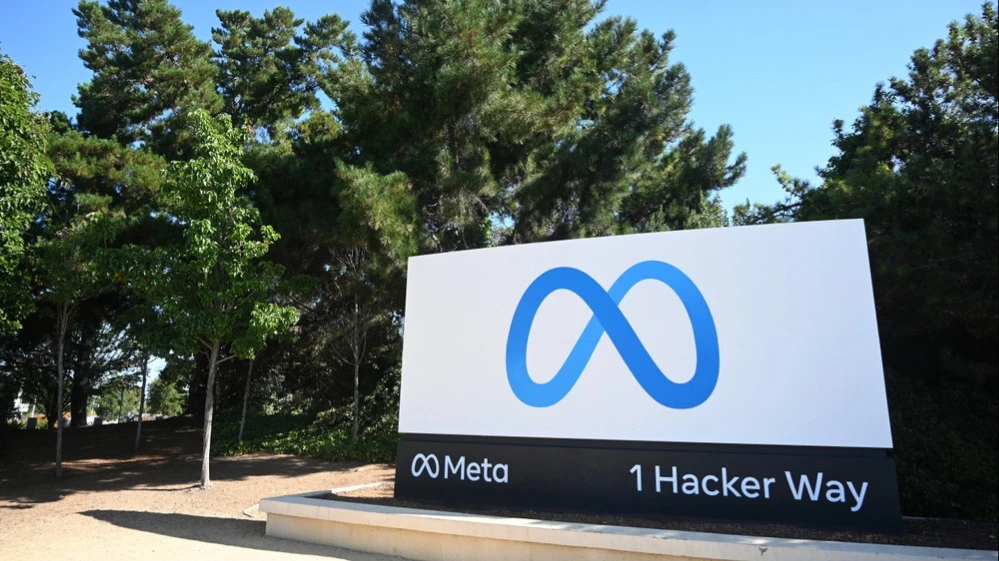Meta will build a data center the size of Manhattan for superintelligence. How much does it cost?
The company could become the first to launch a data center with power consumption of more than 1 gigawatt

Meta Platforms is building several large-scale data centers to support its artificial intelligence initiatives and will spend hundreds of billions of dollars on them. The first one is expected to begin operations in 2026, Meta CEO Mark Zuckerberg said. He says the company could be the first to launch data centers with power consumption greater than a gigawatt. Meta is making such efforts to create AI that will reach or surpass the level of human intelligence.
Details
Meta Platforms' new data center in Ohio will exceed all existing ones in terms of power consumption - it will be more than 1 gigawatt, Meta CEO Mark Zuckerberg announced in a post on the Threads social network. "We're calling the first data center Prometheus, it will go live in 2026," he wrote on Monday, July 14. - We are also building several other Titan clusters.
In April, Meta said it could spend up to $72 billion on capital expenditures this year, focusing on AI and data centers for it, reminds Bloomberg. In a July 14 post, Zuckerberg said the company intends to invest "hundreds of billions of dollars" in superintelligence capacity. "We have the capital to realize this," he assured.
What is the scale compared to competitors
In his post, Zuckerberg referred to analytics firm SemiAnalysis, which says Meta will be the first to build a "supercluster" with more than 1 gigawatt of power. Most modern data centers consume only hundreds of megawatts of power. OpenAI and Oracle are also preparing multi-gigawatt projects - enough to supply nearly 900,000 households a year, calculated by Carbon Collective. Such scale is considered necessary to achieve superintelligence - AI equal to or superior to human intelligence. Zuckerberg has previously said that Meta should outpace competitors in achieving this goal.
Context
Amid dissatisfaction with the quality of Meta's previous AI developments, Zuckerberg has stepped up investments in power supply, computing power and hiring the experts needed to compete in the fast-growing field of generative AI. In recent months, he has personally assembled a team of experts to create "superintelligence" - systems that can perform tasks as well as, or sometimes better than, humans. Developing such models requires enormous resources, which is the reason for the massive race for data centers and chips from vendors like Nvidia, Bloomberg explains.
The team at Meta's new Superintelligence Labs division includes employees that Zuckerberg picked up from OpenAI, DeepMind (part of Google) and other leading AI players. Meta recently acquired for $14.3 billion just under half in Scale AI, a company that builds data sets for AI training, and appointed its co-founder Alexander Wang as chief AI officer. Zuckerberg has also brought on former GitHub CEO Nat Friedman to the team, as well as Apple's Ruoming Pang, whom Meta lured with compensation of more than $200 million, Bloomberg reported.
What it means for the investor
Meta is actively investing in artificial intelligence because the technology has already strengthened its advertising business, allowing it to sell more ads and at a higher price, D.A. Davidson analyst Gil Luria told Reuters. However, he pointed out that "at the current stage, the scale of investment is more focused on the long-term race for leadership in developing an advanced AI model, and it may take time to materialize."
Meta's aggressive hunt for talent makes one wonder if the strategy is creating short-term financial risks, accounts Rosenblatt Securities analyst Barton Crockett. Even if Meta can afford it, spending capital "on an exhausting battle for talent" is not a good idea, he believes. Such actions may speak to the company's confidence in sustained revenue growth and cost efficiency," but the "increasingly visible risk" to Meta is declining margins, the analyst wrote. If margins start to shrink, investors may change their attitude toward Meta shares, he warned.
At the same time, Stephen Ju from UBS believes that the price of the company's securities does not include its possible new revenues. "It should be understood that capital expenditures and likely most operating expenses are already factored into our forecasts, while none of the potential long-term revenue sources from these AI initiatives are yet reflected in our or other Wall Street models," Ju wrote June 26 in a note that is quoted by Investor's Business Daily.
This article was AI-translated and verified by a human editor
